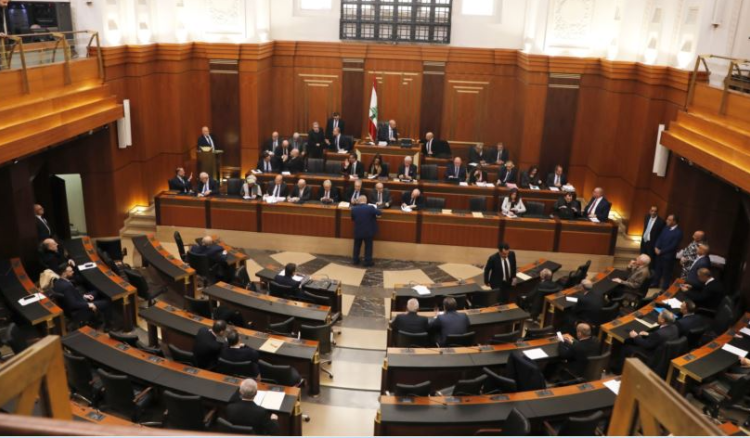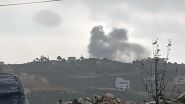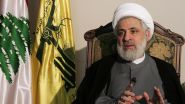
Parliament Speaker Nabih Berri has called MPs to a general policy debate on Tuesday, July 15, at 11 AM. Dedicated to discussing the government’s overall policies, in line with Articles 136 and 137 of Parliament’s rules of procedure, the plenary session is expected to continue into the afternoon.
According to sources cited by several local media outlets, the session could extend into the following day due to the weight of the political issues on the agenda, the number of scheduled interventions and the tense national climate.
This marks an important institutional moment, as Prime Minister Nawaf Salam’s government is set to appear before Parliament for the first time since it was formed on February 8.
But what exactly is a general policy debate? What is its scope, and what are the political and procedural mechanisms behind it?
According to Article 136 of Parliament’s rules of procedure, “following three legislative sessions, a plenary session must be reserved for questions and answers, interpellations or a general debate, which is to be preceded by a statement from the government.”
This provision—amended in 1999 and again in 2003—is intended to establish a formal mechanism for parliamentary oversight of the executive’s actions.
In addition, Article 137 sets out the conditions for convening such a session: it can be requested either by the government itself or by a group of at least ten MPs, provided it receives the approval of Parliament.
The legal framework thus establishes a dual approach: an initiative can come from Parliament, through the MPs, or from the executive, led by the government. In both cases, the objective remains the same: to allow lawmakers to question, assess and, if necessary, challenge the government’s overall direction.
A Commitment to Transparency
Unlike regular legislative sessions, the one on July 15 will not focus on reviewing or passing laws. It falls under a different category: discussion, evaluation and, when necessary, questioning of public policies.
No topic is strictly off-limits: issues related to governance, reforms, social, economic, diplomatic or security policies may all be raised. This debate serves as a public platform for MPs to address the government directly—and, by extension, the public. This makes the session all the more important, as it will be broadcast live on local television.
For MPs, it’s a chance to fully exercise their role as a check on power while also positioning themselves before their constituents, with the next parliamentary elections scheduled for May 2026 fast approaching.
A Political Test for the Government
Although this session is not formally intended to reaffirm or withdraw the confidence previously granted to the government following its formation, it can undeniably lead to that outcome.
This is precisely what Article 138 of Parliament’s rules of procedure provides: at the end of the debate, either the government or any MP may call for a vote of confidence.
The government must take a clear position on any proposed bill. If the bill is rejected, this is effectively treated as a vote of no confidence.
If an MP requests approval of a bill, confidence is only suspended upon rejection if the government agrees to the request. In that case, both the government and the MP have the right to request a postponement of the debate and vote—up to a maximum of five days.
According to the same article, each minister may also raise a question of confidence on their own behalf, even tying the continuation of their cabinet tenure to the adoption of a bill under review. Conversely, any MP can formally request a vote of confidence against a minister through a codified process.
In this context, the general policy debate acts as a potentially decisive lever, capable of challenging the stability of the government or one of its members.
What to Expect from the July 15 Debate
Set against a tense regional and national backdrop—marked by the fragile ceasefire between Lebanon and Israel, ongoing uncertainties over Hezbollah’s disarmament, a persistent economic crisis and multiple obstacles to structural reforms—the upcoming debate is expected to be intense. Many MPs intend to use the session to set themselves apart, ramp up interpellations and even challenge the government’s unity.
This will be more than a mere technical review of executive decisions, it will serve as a crucial political test and a session to watch closely.



Comments